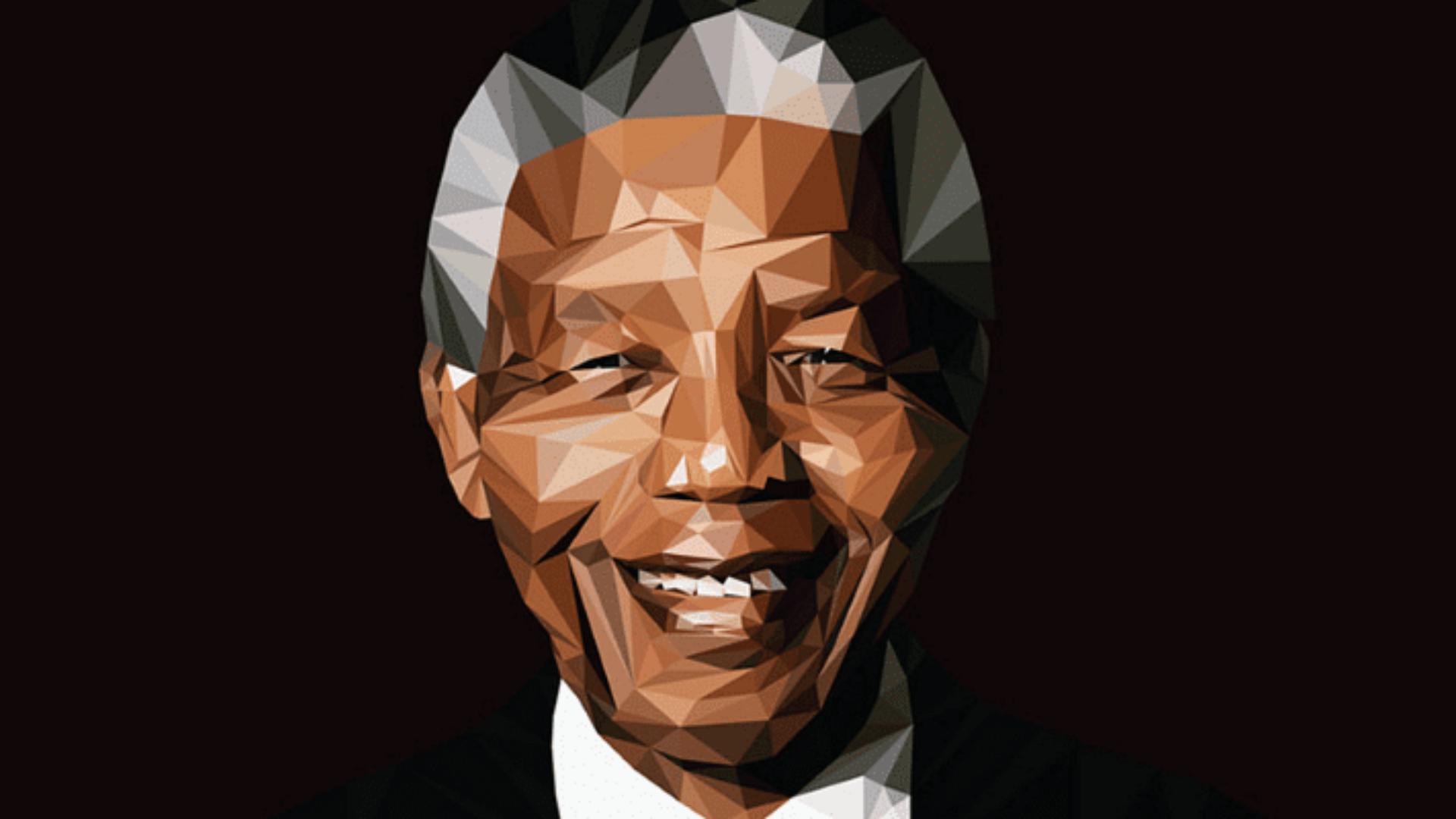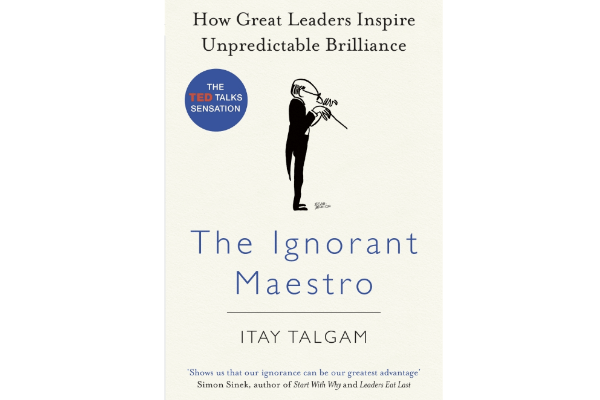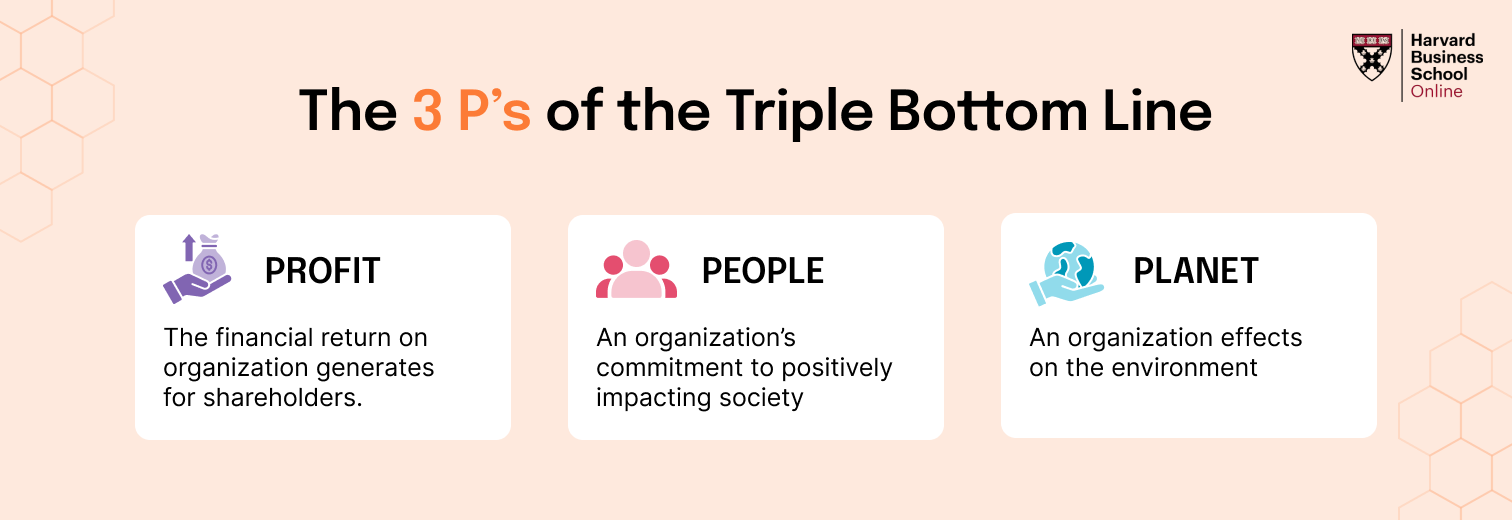James Kouzes and Barry Posner, in their path-breaking book The Leadership Challenge, respond to the age-old debate with wit and wisdom:
“Our answer to that question has always been the same: We have never met a leader who was not born. We’ve also never met an accountant, artist, athlete, engineer, lawyer, physician, scientist, teacher, writer, or zoologist who was not born.”
It’s a humorous but profound way to remind us that leadership is not a genetic destiny. While some individuals may be born with personality traits that naturally lend themselves to leadership—like charisma, confidence, or assertiveness—it’s the development of those traits through conscious effort and learning that truly shapes a leader.
In our experience at FocusU, where we’ve conducted leadership development workshops across industries and sectors, we’ve seen that anyone willing to reflect, learn, and grow can develop into a successful leader. The question isn’t just whether leaders are born or made. The more relevant question today is: What can organizations do to develop leadership in their people?
“A born mass leader who could not help magnetizing people.”
But while certain people may be naturally predisposed to leadership, just as they’re naturally predisposed to be an athlete or a musician, we believe it’s absolutely possible to cultivate the characteristics and skills necessary to call yourself a leader. As legendary American football coach Vince Lombardi once said:
“Leaders aren’t born, they are made. And they are made just like anything else, through hard work.”
The Research Is Clear: Leaders Are Made
Research has largely proven that- Leaders are ‘mostly made.’ Research estimates show that leadership comprises of one-third individuals who were born with the required qualities while two-thirds of these leaders were self-made. To expect a person to be born a ‘complete’ leader with the ability to influence and direct a team, just doesn’t seem logical. Behavioural theories believe that people can become leaders through the process of teaching, learning, and observation. Leadership is a set of skills that can be learned by training, perception, practice and experience over time.
So, whether you were born with special blessings or not, if you want to be a leader, you’re going to have to work hard to develop and nurture some specific traits that are critical for leadership. Most people who start out with a trace of innate leadership capability can actually become very good, even great leaders.
For folks involved in leadership development, this definitely helps in validating our efforts. However, the main question is how can one work on developing our leadership skills?
The growing field of leadership development consistently supports the belief that leaders are mostly made. In fact, research by psychologists and leadership theorists suggests that one-third of leadership capacity is innate, while two-thirds is learned. This is a hopeful message for all L&D professionals and HR leaders. It validates the effort and investment put into corporate leadership training programs, online training for new managers, and leadership development strategies.
In our leadership workshops, we’ve consistently observed that with the right leadership training for new managers, individuals begin to:
- Understand their leadership style
- Communicate with more clarity and intent
- Learn how to manage people, not just tasks
- Practice emotional intelligence
- Reflect on feedback and evolve
This evolution doesn’t happen overnight. It is a continuous journey – supported by mentorship, feedback loops, structured learning, and real-life leadership opportunities.
Why This Question Still Matters
Table of Contents
If you’re part of a human resources and talent management team, the “born vs. made” question isn’t philosophical—it’s practical. The answer determines how you:
- Design your leadership development programs
- Identify and support first-time managers
- Choose between promoting from within vs. hiring externally
- Craft your succession planning strategy
- Build a pipeline of high-potential talent
In many organizations we’ve partnered with, we’ve noticed that leadership development for new managers often begins late—only after they are already struggling. Instead, we encourage building an intentional culture of leadership, beginning from early talent identification, supported by new manager onboarding programs, and continually nurtured through leadership training for new managers and first-time manager development workshops.
Developing Leadership: Traits That Can Be Cultivated
Whether you’re designing the best courses for new managers or implementing a new manager development program, here are six foundational areas to focus on:
1. Vision-Setting and Goal Alignment
“Leadership is the capacity to translate vision into reality”
– Warren Bennis.
Leaders should be able to set clear goals and think ‘long-term’ in tangible deliverables. They should not be vague and should set goals in measurable terms, so that their team is also clear-cut about what exactly is expected of them. A visionary who is able to mobilize people towards a vision.
A good leader inspires teams with a compelling vision of the future. But even more importantly, they align daily actions with that vision. Through leadership training programs for new managers, participants can learn how to break down complex strategies into simple, relatable goals—and how to communicate those goals effectively across functions.
2. Inspiring and Motivating Others
“All our dreams can come true, if we have the courage to pursue them.”
– Walt Disney American filmmaker (1901-1966)
True leaders know that success does not depend only on their individual efforts, but rather it is dependent on their team’s performance and result. Hence, they should be able to carefully plan, inspire and convince people to comprehend a collective vision, align ideas, emotionally connect with the vision and each other, and are always synced with the bigger picture. They should be able to set an example for others to follow, leading by courage and example.
One of the essential leadership skills for new managers is the ability to motivate their team members. In our sessions, we use storytelling, real-life examples, and experiential activities to help managers build influence and emotional connection with their teams.
3. Agility in the Face of Change
“If the plan doesn’t work, change the plan, but never the goal”
– Anonymous
As they say, ‘change is the only constant in life.’ A leader should be able to navigate his team smoothly through constantly changing winds. Change shouldn’t be viewed as an obstacle, but rather as a chance to be innovative, adaptable, and yet remain decisive in the face of uncertainty. It’s also the perfect opportunity to show others that the team can rely on their leader to make big decisions.
In today’s VUCA world, agile leadership is not a choice. It’s a necessity. Leaders must navigate shifting priorities, hybrid work environments, and evolving business goals. A key component of leadership development for new managers is cultivating agility—both in mindset and in decision-making.
In our blended learning journeys, we help managers practice real-world simulations that build adaptability and resilience.
4. Accountability and Ownership
“We are not here for any positions, but for responsibility” – Narendra Modi
Leaders need to step up to encourage their teams, track progress, offer support, move confidently, motivate and answer questions. When things go wrong, they should not hide and blame others, but face their mistakes -head on, offering solutions and move forward to prevent it from happening again.
A core focus in any new manager training program should be accountability. Leaders are responsible for results—not just of their work but of the people they lead. This includes setting expectations, tracking progress, offering feedback, and owning up when things go wrong.
We include accountability scenarios in our first-time manager training sessions to allow participants to reflect on their own leadership behaviors.
5. Growth Through Learning
“Leadership and learning are indispensable to each other”.
– John F Kennedy
Emerging leaders must have a constant desire to learn and grow, both, in their personal and professional life. They must seek out opportunities to grow as a leader – by powerful networking, seeking out mentors, and taking charge of new opportunities. They must learn to be adaptable and understand people.
Great leaders never stop learning. Through corporate training for employees, especially those transitioning into managerial roles, we encourage self-reflection, peer learning, and ongoing professional development. We often include curated learning content, recommended books, and peer mentoring circles as part of the leadership onboarding journey.
6. Communication: The Leadership Superpower
Good oratorial skills or the art of powerful public speaking is a skill observed in great leaders like Barrack Obama, Martin Luther King Jr, Mahatma Gandhi and Winston Churchill. Developing verbal dexterity helps to put ideas into words accurately and improve the effectiveness of communication.
From team huddles to board meetings, strong communication underpins effective leadership. In our leadership tips for first-time managers, we highlight that it’s not about saying the right thing all the time—it’s about listening, being clear, and being authentic. Whether it’s through coaching conversations or performance reviews, communication builds trust, clarity, and alignment.
Bridging the Leadership Gap in Organizations
In our work with organizations across sectors, we’ve seen firsthand how a lack of structured leadership training for new managers can create major pain points — lower engagement, inconsistent performance, and unclear direction.
The solution is not a one-off workshop. It is a leadership development framework that is consistent, personalized, and aligned to business goals. For example:
- Induct new managers with a customized new manager onboarding program
- Design leadership training programs for new managers that blend classroom, on-the-job, and peer learning
- Offer leadership coaching and mentoring to deepen impact
- Use diagnostic tools to identify high-potential talent and track leadership growth over time
This kind of holistic approach is what helps companies transition from good to great.
Final Takeaway for L&D & HR Professionals
So, are leaders born or made? The answer is: Yes — and more importantly, so what?
What really matters is what we do as organizations to build leadership at every level. Whether someone shows early signs of leadership potential or not, they need:
- Opportunities to learn
- A psychologically safe environment to grow
- Mentorship and feedback
- Clear pathways to take on more responsibility
And it’s on us — L&D professionals, HR partners, and senior leaders — to create these opportunities. The next generation of leaders is already in your organization. The question is: Are you investing in them?
In conclusion, as with all personal and professional development, leadership development is a lifetime pursuit. Opportunities to learn new skills, strengthen your character, and take responsibility will be aplenty and it is up to you to make good use of these situations to become an exemplary leader; whether you are “born with it” or not!
















